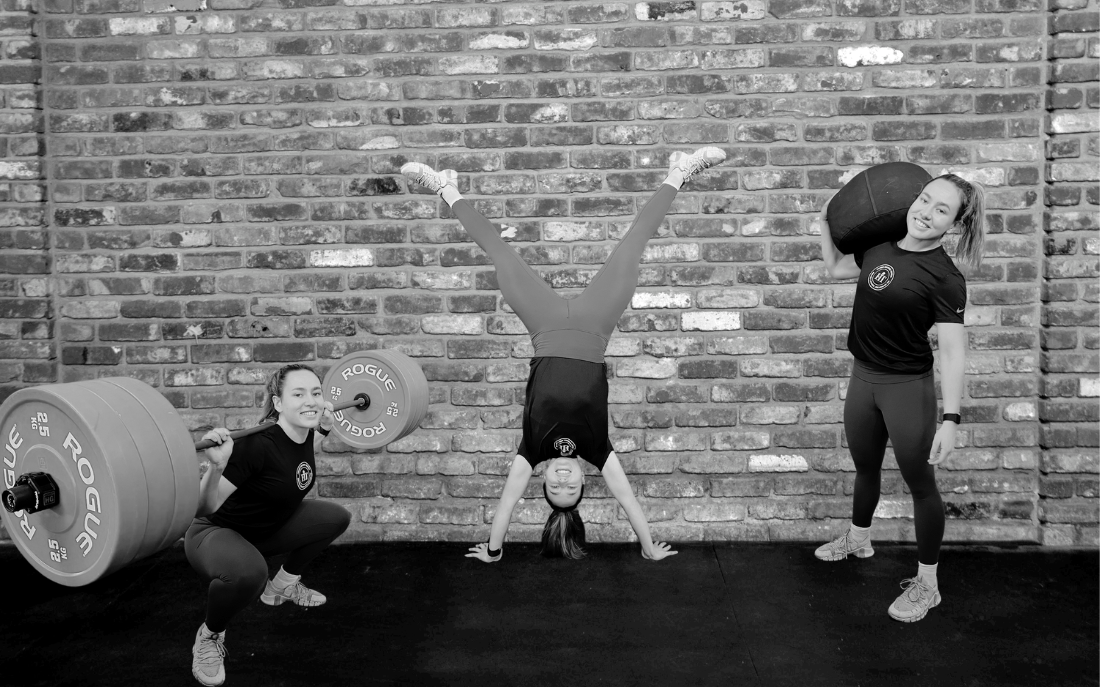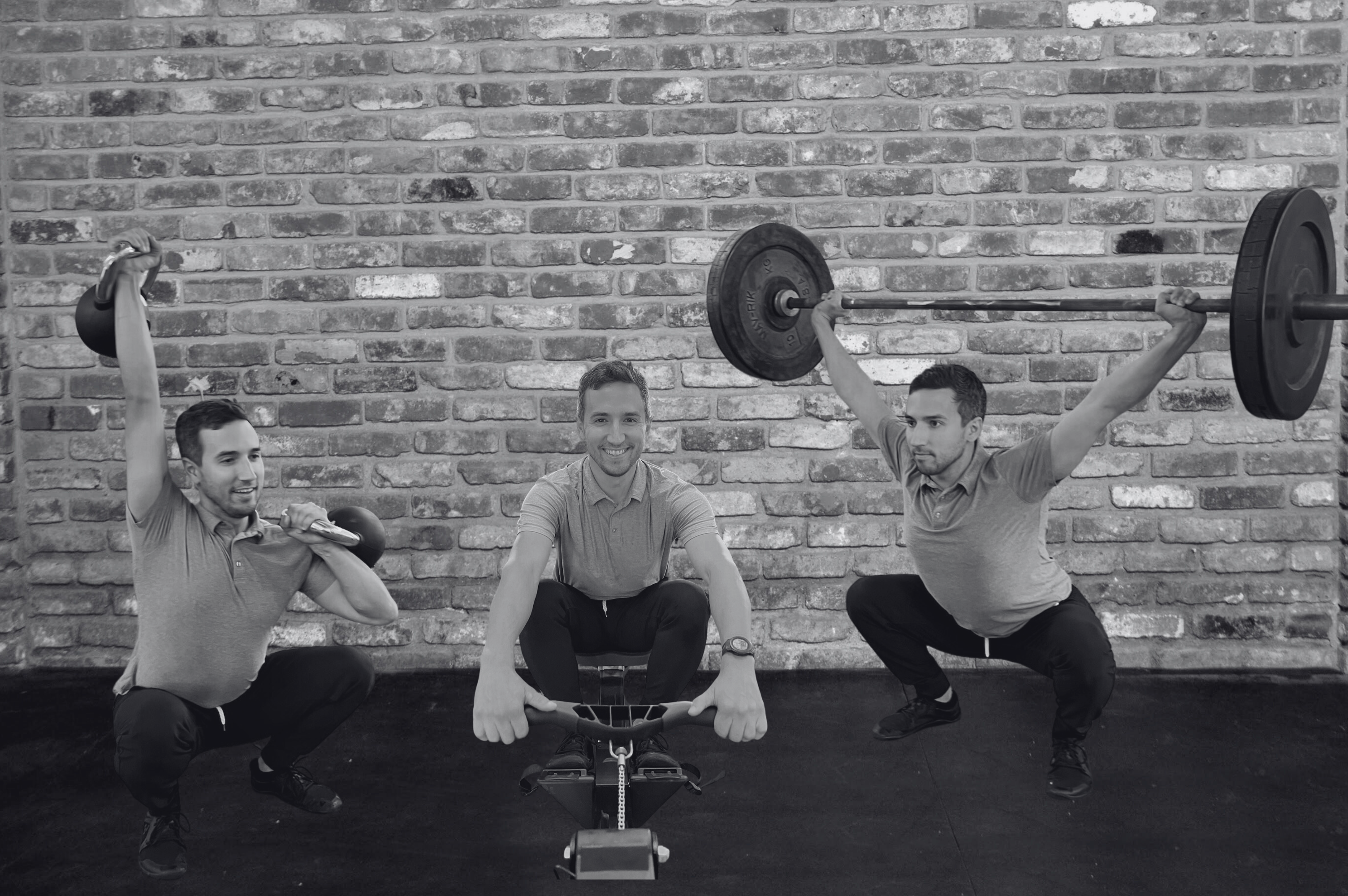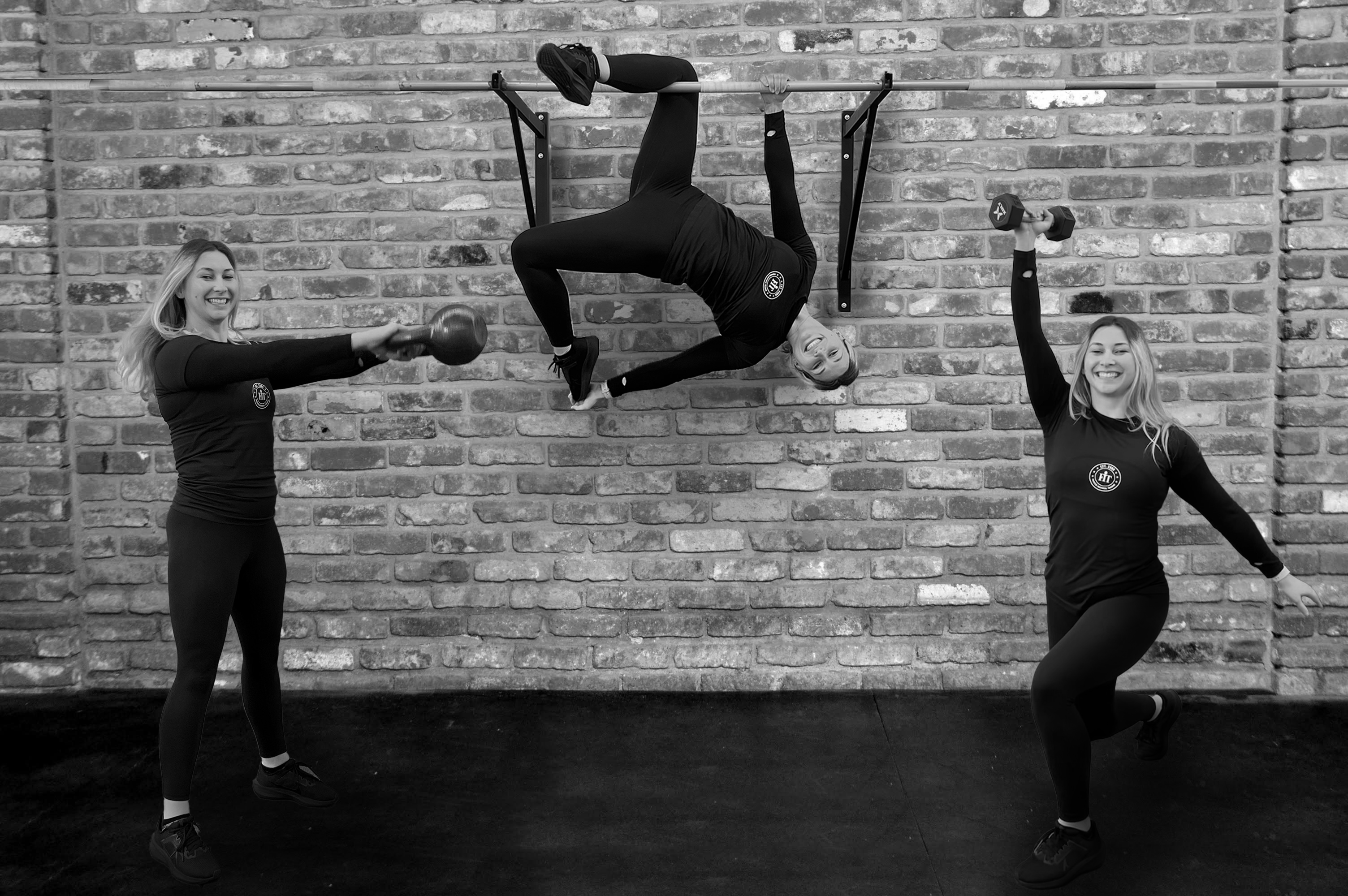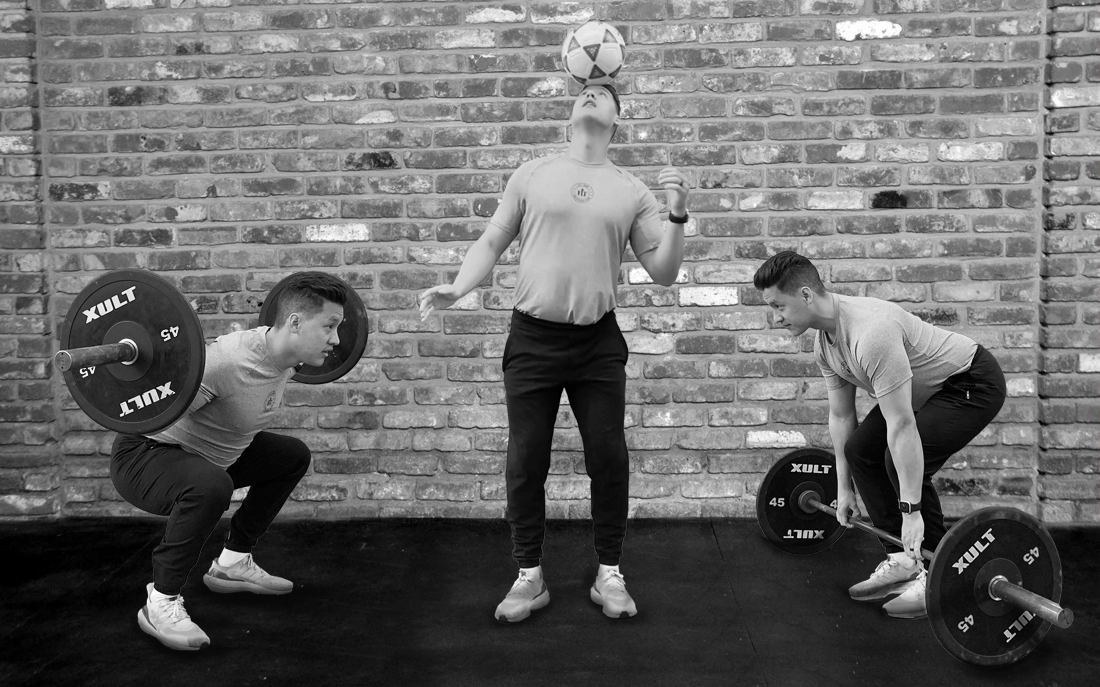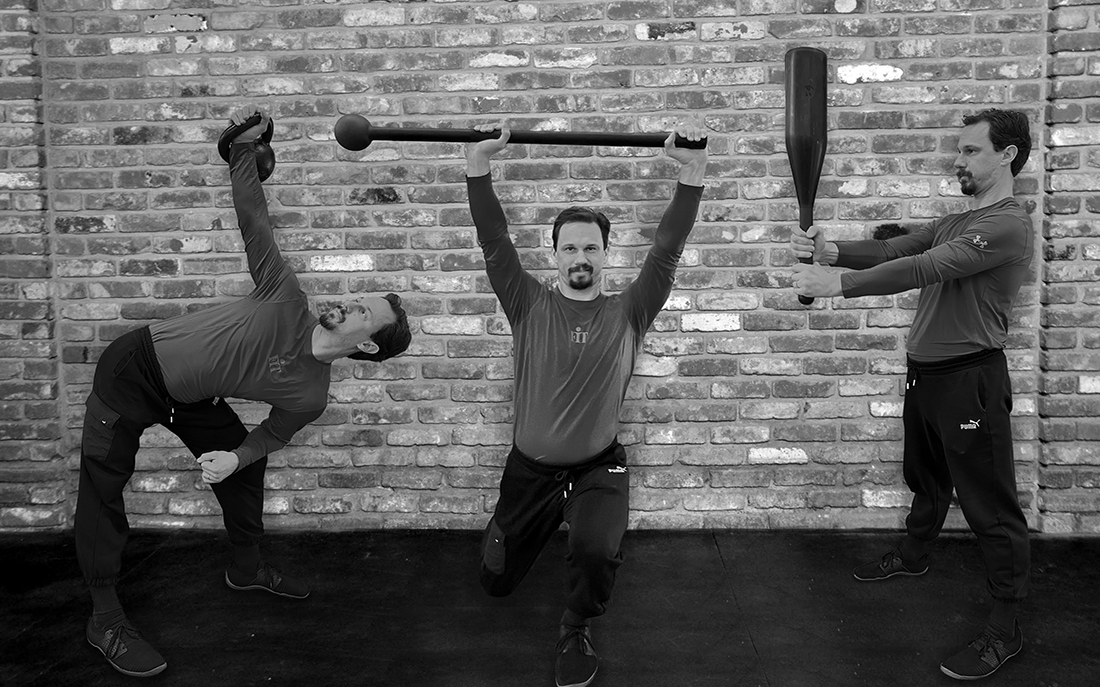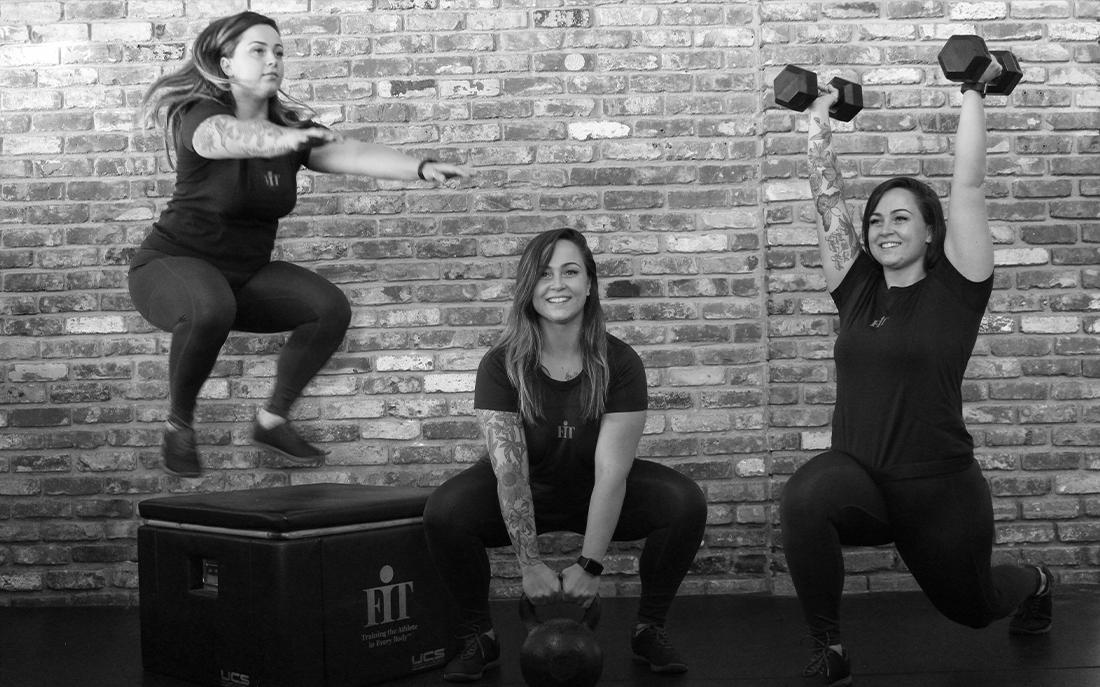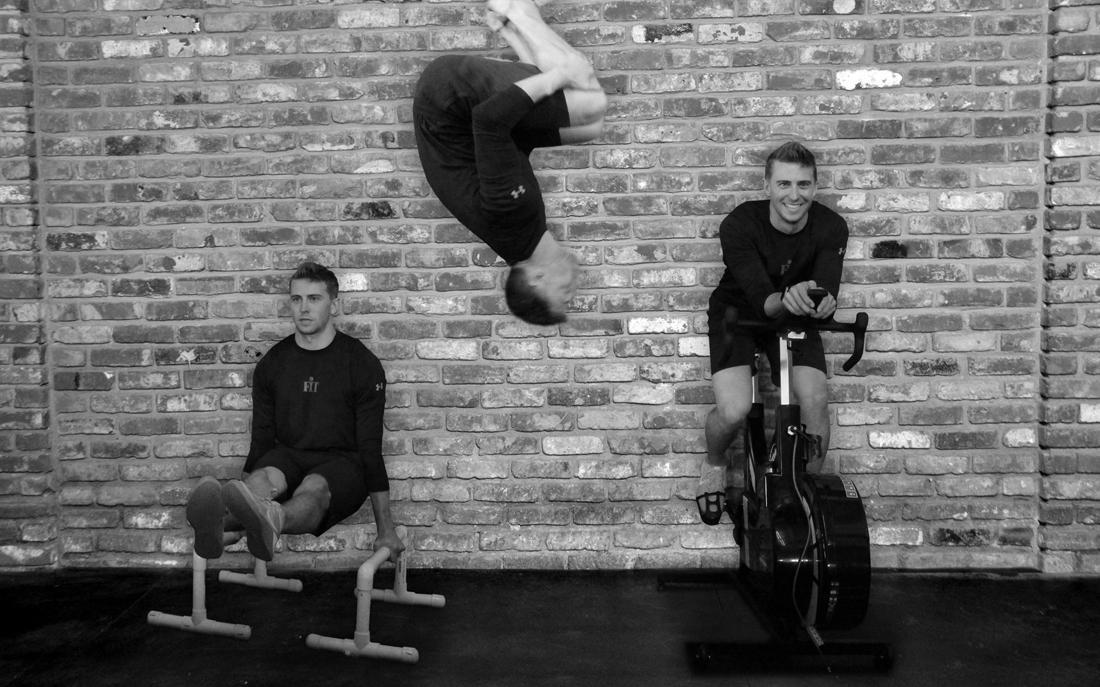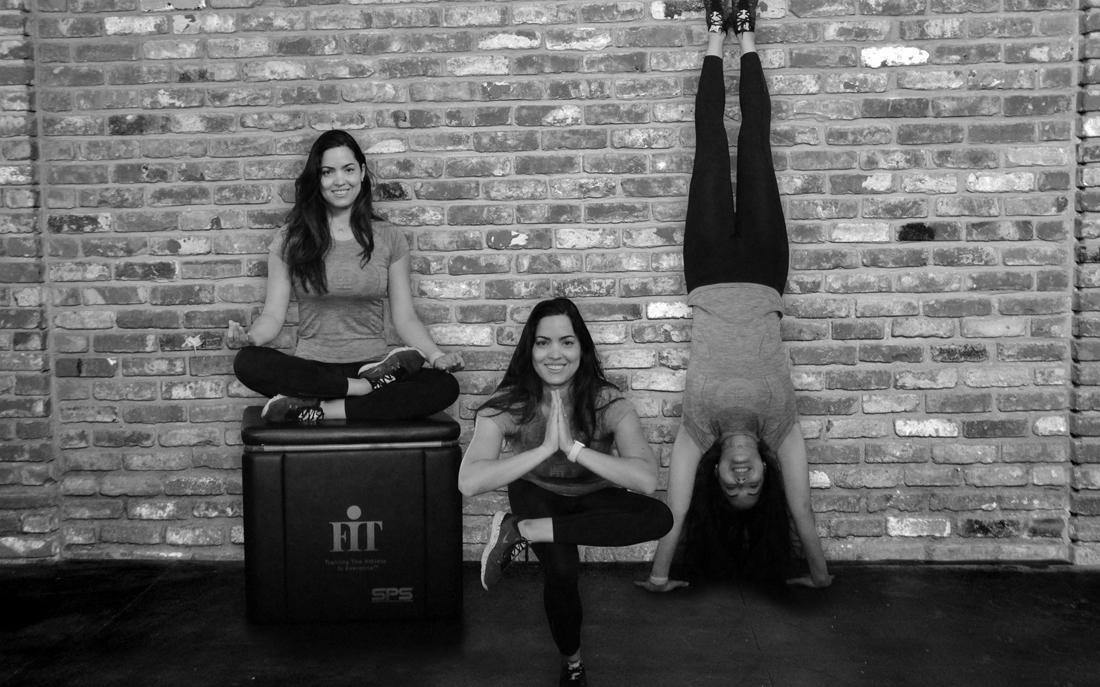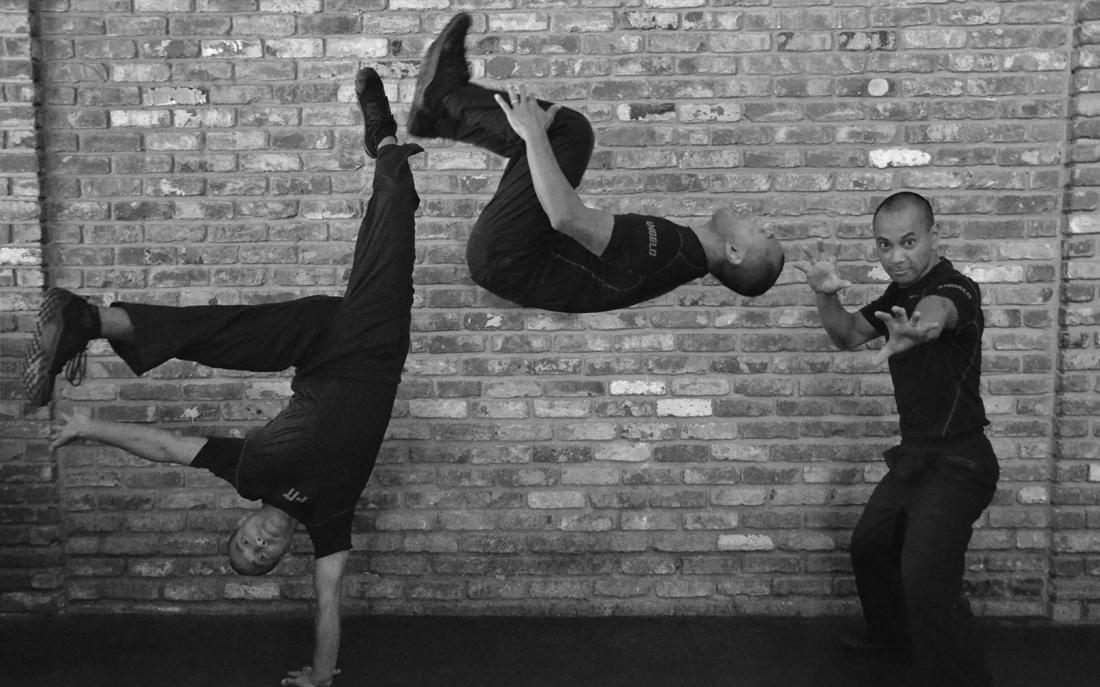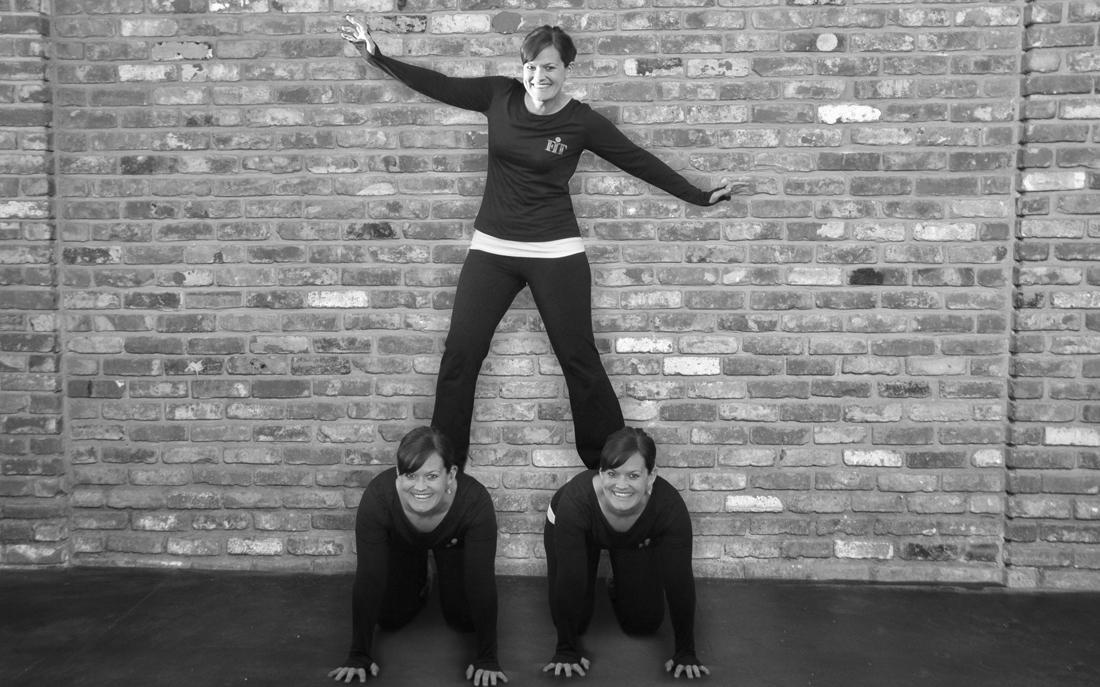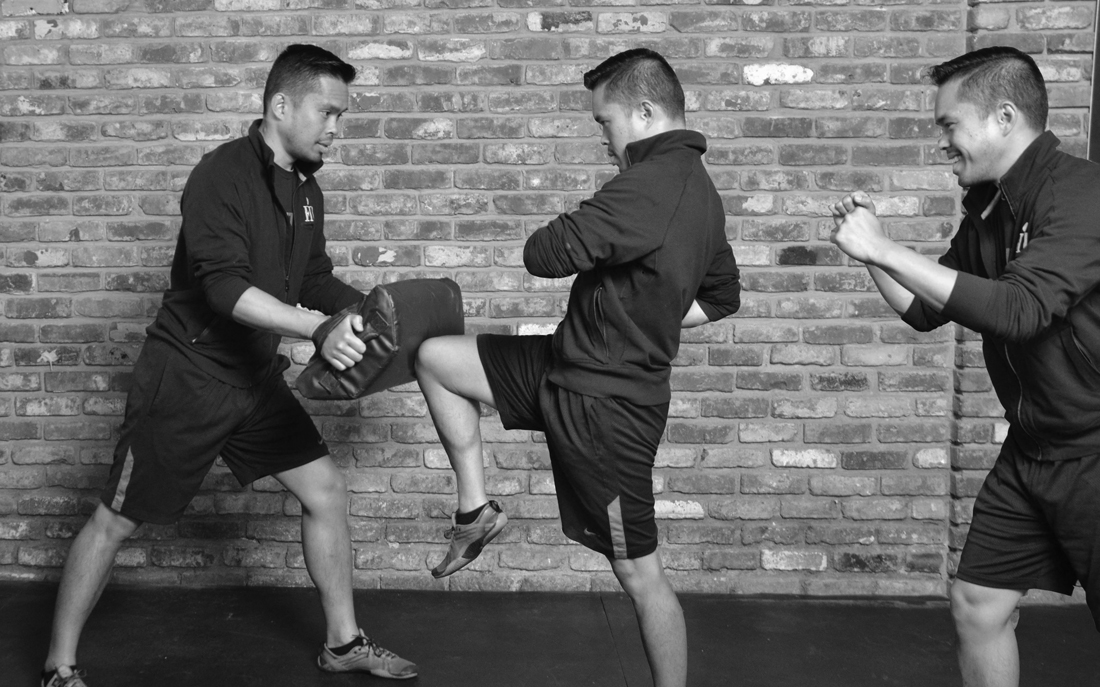Sports or exercise injuries can set you back for days or even weeks at a time. Injury prevention relies on proper training and form, but a big part of prevention starts with getting a good night’s rest. The average adult needs a solid seven to eight hours of sleep to keep both mind and body at peak performance and avoid injuries.
Give Your Brain a Chance
As your body’s control center, the brain has to be efficient to keep you healthy and strong. When you get less than seven hours of sleep, you enter varying stages of sleep deprivation. Neurons in the sleep-deprived brain slow down, affecting your thinking and coordination. Your decision-making skills, reasoning abilities, and reactions times suffer, making you more susceptible to injury.
While you sleep, your brain also cleanses itself. It prunes pathways it doesn’t need and strengthens those it does. Adequate sleep keeps your thinking clear, improving your form, accuracy, and precision.
Recovery and Injury Prevention
If you exercise regularly, your body needs recovery time to prevent injury. Building muscle takes place while you’re in the deepest stages of sleep. When you’re not getting the sleep you need, those deep stages are the ones your body skips. Many people may think they’ve hit a plateau in their training when the truth is they need sleep to build more muscle.
In a study of student-athletes, it was found that those who slept eight or more hours each night got injured less often than those who got less than eight hours of sleep. The muscle strength, coordination, and improved decision-making ability that comes from getting enough sleep provides an advantage over preventable injuries.
Getting Better Sleep
Getting that high-quality sleep you need might not be as elusive as you might think. It starts by creating the right conditions in your bedroom. The bedroom should be a sleep sanctuary meant only for sleep and sex. At night, try to keep the room dark, quiet, and cool with the temperature between 60 to 68 degrees.
Your habits throughout the day also impact your ability to sleep, consider:
- When and What You Eat: A well-balanced diet eaten at regular intervals helps regulate the 24-hour cycles, called circadian rhythms, that control your sleep-wake cycle. Eating meals at the same time each day helps signal the brain when it’s time to sleep.
- Avoid Sleeping In: The body loves routine. Going to bed and waking up at the same time every day, including weekends, keeps your circadian rhythms in sync.
- Nap Smart: If you feel an energy lull in the afternoon, a short nap won’t hurt. But, try to keep it under 45 minutes to prevent sleep trouble at night.
- Get Moving After Dinner: Many people feel tired and fatigued right after dinner, but try to avoid falling asleep. Falling asleep too early may leave you awake in the middle of the night.
- Get Outside: Natural light heavily influences the release of sleep hormones. Try to spend plenty of time outside during the day to keep your body on track for nighttime sleepiness.
- Avoid Bright Screens: The bright light from electronics like your television suppress the release of sleep hormones. Turn them off at least two to three hours before bed.
